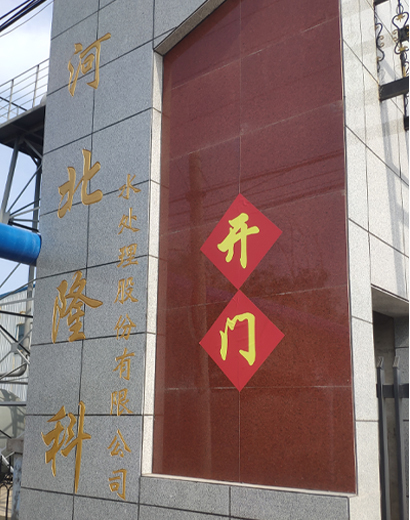poly aluminum chloride manufacturer
Understanding Poly Aluminum Chloride Manufacturers A Comprehensive Overview
Poly Aluminum Chloride (PAC) is a widely used coagulant in water treatment processes, known for its efficacy in purifying drinking water and treating wastewater. As environmental regulations become stricter and the demand for clean water increases worldwide, the role of PAC manufacturers becomes increasingly significant. This article aims to provide a comprehensive overview of the poly aluminum chloride manufacturing process, its applications, and the key players in the industry.
What is Poly Aluminum Chloride?
Poly Aluminum Chloride is a polymeric aluminum compound formed by the hydrolysis of aluminum chloride in an aqueous solution. It appears as a white to yellowish powder and is often used in various applications due to its excellent solubility and coagulating properties. PAC is favored over traditional coagulants like aluminum sulfate due to its ability to work effectively over a broader pH range and its lower dosage requirement.
The Manufacturing Process
The manufacturing of PAC involves several crucial stages. First, high-purity aluminum hydroxide and hydrochloric acid are combined under controlled conditions to produce aluminum chloride. This mixture undergoes hydrolysis, where water is added to facilitate the formation of poly aluminum chloride. The resulting product is then concentrated, filtered, and dried to produce a fine powder or liquid form, depending on market requirements.
Manufacturers often invest in advanced technologies and automated systems to enhance production efficiency and ensure the consistency and quality of the final product. This commitment to technological advancement not only streamlines the manufacturing process but also helps in minimizing environmental impact.
Application Areas
poly aluminum chloride manufacturer

Poly Aluminum Chloride finds extensive applications across various industries. The most significant use is in municipal water treatment plants, where it is employed to remove impurities, suspended particles, and pathogens from water sources. Additionally, PAC is utilized in the paper-making industry to enhance the brightness and quality of paper, as well as in the textile industry for dye fixation.
Another emerging application of PAC is in the oil industry, where it serves as an effective flocculant in the treatment of industrial wastewater. Its ability to clump together particles and facilitate their removal makes it a valuable agent in ensuring compliance with environmental standards.
Key Players in the Market
The PAC manufacturing industry comprises numerous companies, ranging from large multinational corporations to smaller, specialized manufacturers. Leading manufacturers often have established global distribution networks and invest in research and development to innovate their product offerings. Companies such as SNF Floerger, Kemira, and BASF are notable players in the global market, providing high-quality PAC solutions tailored to specific industry needs.
As competition intensifies, manufacturers are increasingly focusing on sustainability. Many are adopting eco-friendly production methods and exploring biodegradable alternatives to traditional chemical coagulants, aligning with global sustainability goals.
Conclusion
In conclusion, poly aluminum chloride manufacturers play a pivotal role in addressing the water purification challenges faced by municipalities and industries alike. As the demand for clean water continues to rise, the significance of PAC and its manufacturers will only grow. Through continuous innovation and a commitment to sustainability, PAC manufacturers are well-positioned to meet the evolving needs of society while enhancing the quality of water treatment processes worldwide.
-
Water Treatment with Flocculant Water TreatmentNewsJun.12,2025
-
Polymaleic AnhydrideNewsJun.12,2025
-
Polyaspartic AcidNewsJun.12,2025
-
Enhance Industrial Processes with IsothiazolinonesNewsJun.12,2025
-
Enhance Industrial Processes with PBTCA SolutionsNewsJun.12,2025
-
Dodecyldimethylbenzylammonium Chloride SolutionsNewsJun.12,2025





